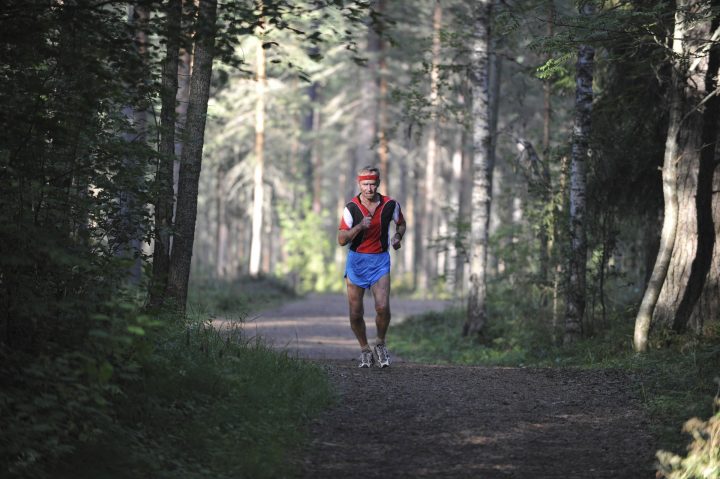
“You’re never too old to start running” is definitely true, but with age comes certain considerations. The human body is undergoing changes as it grows older and it might be more prone to injuries if workouts are not adapted to its needs.
Here are some tips to make sure you start running on the right foot, in your 40s and beyond.
1. First and foremost, check with your doctor.
Make sure you get clearance that you can do strenuous physical activities.
2. Listen to your body.
Your body is not what it used to be in your 20s: muscle fibers become smaller; endurance, strength, and balance start to decline. Know your body’s limits and don’t ignore warning signs.
3.Ramp up your efforts gradually.
Sudden increases in running time, speed, frequency, and distance can lead to injuries (and demotivation). Pace yourself; slow and easy does it. For example, start with a 20-minute run-walk session then increase the intensity by 10 percent each week.
4. Don’t compare your older self to your younger self.
PRs change as we grow older. This does not mean that you can’t set goals – of course you can! Just adjust expectations accordingly.
5. Add strength training to your routine.
Push-ups, planks, squats, and lunges can help maintain muscle mass, boost stamina, and prevent injuries.
6. Consider practicing Yoga.
Yoga enhances flexibility; it prevents backs, hips, legs, and shoulders from feeling stiff.
Also, make sure you do a proper warm-up (dynamic stretches are recommended) and cool-down before and after runs.
7. Invest in a pair of good running shoes
Being injury-free starts with having the right shoes. Drop by a specialty running store and ask the help of an expert in choosing the right shoes according to your needs.
8. Recover well.
Do you feel that you need to sleep longer after partying all night now that you’re in your 40s? The same thing applies to running. If you happen to be sidelined due to sprains or pulled calf muscles, give your body more time to rest and recover; it might not bounce back as fast as before. If you feel really sore the morning after a run, take a break for a day or two; it’s okay. Patience is key.








